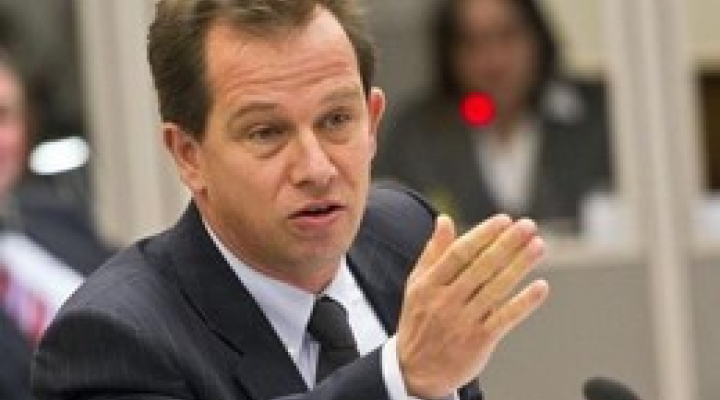Csaba Sógor: “Croatia’s minority legislation can serve as an example for other EU member states”
“Croatia’s legislation regarding national minorities can serve as an example for the other European Union member states” – said EPP MEP Csaba Sógor at the Group’s Bureau meeting held on the 11th-12th of April 2013 in Dubrovnik. At the opening of the meeting members of the European Parliament discussed Croatia’s preparedness before the accession.
DAHR MEP Csaba Sógor highlighted that Croatia’s accession to the EU is important for the Hungarian community for several reasons. On the one hand it will unite the Hungarian community from Croatia with those from Hungary, Romania, Slovakia and Croatia within the European community. On the other hand, Croatia’s current legislation regarding national minorities (in force since 2002) can serve as an example for the other EU member states.
“We trust that this legislation will be applied after accession, too and, furthermore, that it will set an example for the rest of the EU. The biggest problem is that, while most member states have laws meant to protect national minority rights, the practical application of these laws is slow or inexistent” –stressed Csaba Sógor.
According to the Croatian legislation, in the localities where at least a third of the population belongs to an ethnic minority, linguistic equality is guaranteed by law. The right to education in one’s mother tongue is also assured by law, as is the participation of minorities in public administration bodies.
The DAHR MEP also pointed out that the Croatian legislation is all the more praiseworthy since following the war it was hard to imagine cultural autonomy being granted for a minority.
Croatia will officially become a member state of the European Union on the 1st of July 2013. On the 14th of April 2013, twelve Croatian Members of the European Parliament will be elected.
“We trust that this legislation will be applied after accession, too and, furthermore, that it will set an example for the rest of the EU. The biggest problem is that, while most member states have laws meant to protect national minority rights, the practical application of these laws is slow or inexistent” –stressed Csaba Sógor.
According to the Croatian legislation, in the localities where at least a third of the population belongs to an ethnic minority, linguistic equality is guaranteed by law. The right to education in one’s mother tongue is also assured by law, as is the participation of minorities in public administration bodies.
The DAHR MEP also pointed out that the Croatian legislation is all the more praiseworthy since following the war it was hard to imagine cultural autonomy being granted for a minority.
Croatia will officially become a member state of the European Union on the 1st of July 2013. On the 14th of April 2013, twelve Croatian Members of the European Parliament will be elected.











